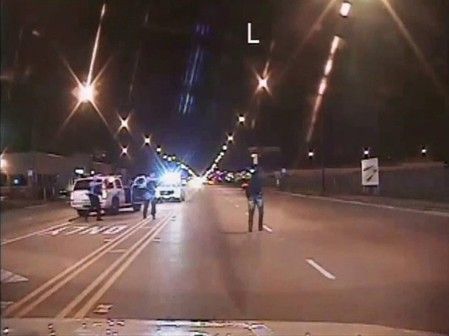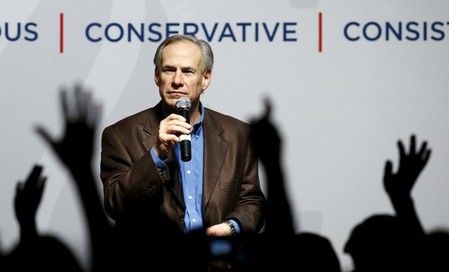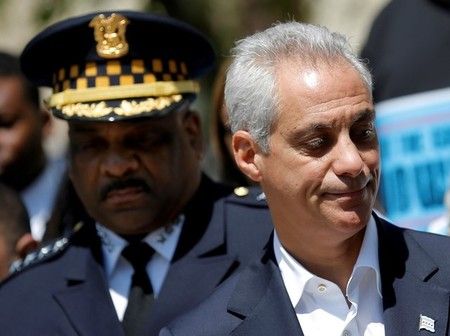Advertisement
Alabama city abandons law targeting transgender bathroom use
By Colleen Jenkins
(Reuters) – The city council in Oxford, Alabama narrowly voted on Wednesday to recall an ordinance that drew criticism from national equality groups for making bathroom use based on gender identity rather than birth sex a crime.
The law passed last week appeared to be the first in the country to threaten violators of such bathroom rules with criminal penalties. The council had sought to impose a possible punishment of a $500 fine or six months in jail for the misdemeanor offence.
Council members voted 3-2 at a special meeting on Wednesday to repeal the ordinance, the Human Rights Campaign, an LGBT rights group, said in a statement.
“This sends a welcome message of inclusion to Oxford’s families, businesses and visitors, and sets an example for other communities that may be considering similar legislation,” said the group’s Alabama State Director Eva Walton Kendrick.
The measure raised the stakes in the U.S. bathroom wars that have caused fierce debate among state lawmakers, school officials and Republican presidential candidates.
It went further than a law enacted earlier this year in North Carolina, which became the first state to bar transgender people from using public bathrooms that correspond with their gender identity. The state has been boycotted by businesses, entertainers and government workers as a result of the law.
The Oxford ordinance also included bathrooms in private businesses, the Human Rights Campaign said.
The city’s recall came the same day dozens of families sued two federal agencies and a suburban Chicago, Illinois, school district over a policy they said disregards student privacy and safety by allowing transgender students to use bathrooms that correspond with their gender identity.
Steven Waits, president of the Oxford City Council, had said the council adopted the law “to protect our women and children.” He did not immediately respond to a request for comment on Wednesday.
Oxford’s lawmakers, who local media said had unanimously backed the ordinance initially, appeared to shift their opinions in the wake of growing opposition that included the American Civil Liberties Union and the Southern Poverty Law Center, which had threatened legal action if the measure was not reversed.










